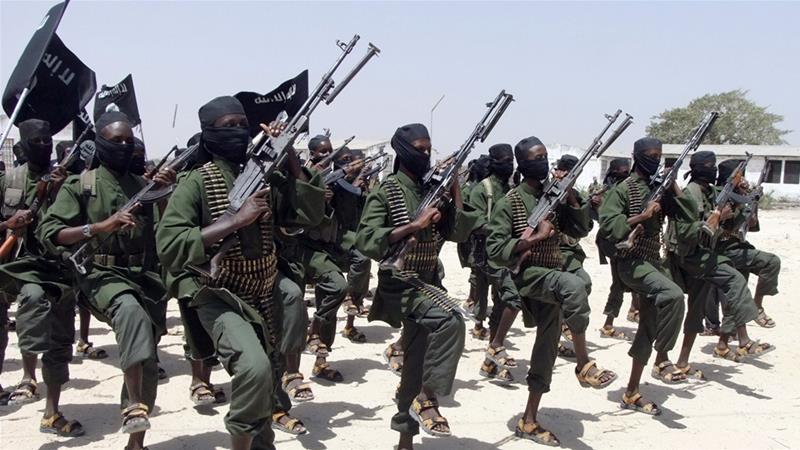×
The Standard e-Paper
Stay Informed, Even Offline

President Uhuru Kenyatta gave North Eastern leaders 14 days to come up with an amicable solution on security challenges in the region that has affected various activities including education.